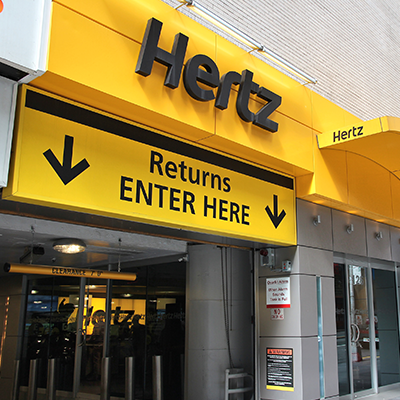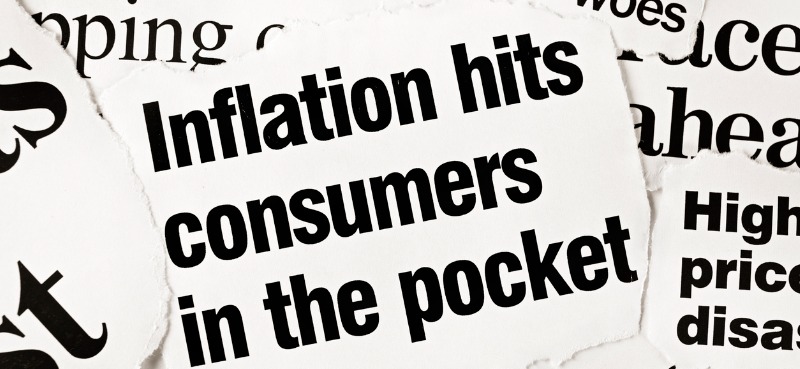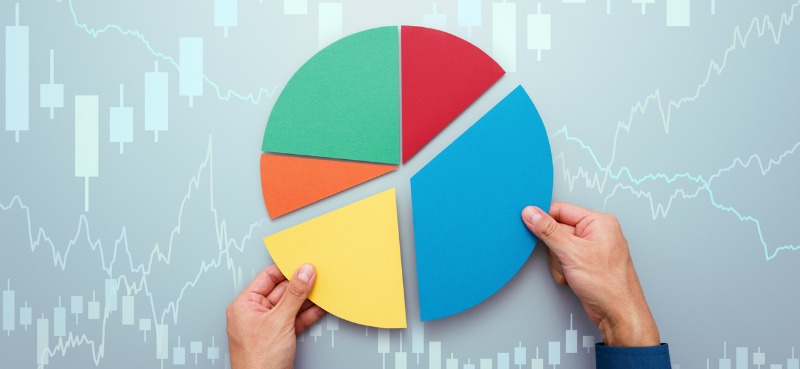We all remember the market chaos a few months back…
Faced with mounting coronavirus uncertainties in late February, panicked investors sold anything and everything that seemed exposed to the weakening economy, or too expensive.
The selloff was painful for many, but the move made sense. Investors sell in uncertain markets.
Today, the outlook isn’t much better…
Over 100,000 have died in the U.S. alone from COVID-19… new cases are still being reported… and there’s little to no indication we’ll be back to pre-COVID-19 “normal” any time soon.
But you wouldn’t know it from looking at the market…
Despite the uncertain prospects of near-term recovery, investors are grabbing stocks with both hands… and bidding many to new highs.
The prevailing feeling is almost the exact opposite of what we saw in March. Many market participants feel the Fed’s quantitative easing (QE) and debt buying are tantamount to endless money printing… That there’s no downside risk or reason for the market not to go up.
They see the Fed as the ultimate debt buyer and guarantor… Interest rates are at historic lows, and many consumers and businesses can access money to replace lost income.
It’s as if fundamentals no longer matter.
But based on the many recent corporate bankruptcies, this couldn’t be more wrong…
Today, we’ll look at why Hertz Global Holdings (HTZ) filed for bankruptcy… and four things we can learn from it.
When debt exceeds demand, it’s a recipe for disaster
From bakery-restaurant chain Le Pain Quotidien, to discount retailer Tuesday Morning, to department stores JCPenney and Neiman Marcus, many consumer-facing businesses have fallen victim to large debt loads and deteriorating demand during the coronavirus lockdown.
And don’t dismiss retail sector bankruptcies as something that can’t happen elsewhere.
Economic factors do matter… After all, why would anyone lend money to a struggling business if the demand isn’t there?
On average, about 2/3 of all rental-car demand is related to air travel, which nearly vanished when COVID-19 travel restrictions were put in place.
The magnitude of this lost demand can be seen on the chart below. It plots the number of air travelers from March through May 2020 vs. the same period in 2019. As you can see, air travel came to a near-complete stop in March… and has yet to recover.

In just one month’s time, the number of air travelers fell from more than 2 million per day to less than 250,000.
This plunge was extremely painful for Hertz in particular…
Unable to reach a deal with creditors and faced with an unprecedented decline in travel, Hertz filed for bankruptcy protection last Friday, May 22.
Air travel may eventually return to normal, but that’s little comfort for HTZ equity owners… With the stock down 93% year to date, their stake in the company isn’t worth much at all.
To avoid this kind of pain in your own portfolio, remember: Business fundamentals matter.
Even though the Fed has pulled all the stops in its effort to save the economy from the coronavirus, a business can’t survive without demand for its goods and services. It must be able to make money.
And the longer it takes for demand to return, the less chance a business has to fully recover.
With that in mind, here are four simple things we can learn from Hertz’s Chapter 11 bankruptcy filing.
- Current liquidity doesn’t guarantee future solvency. Even a storied company like Hertz, with $1 billion cash on hand and $9 billion in annual revenue, can be severely impacted by plunging demand. And the COVID-19 economy has limited consumer spending and demand like we’ve never experienced before.
- Highly indebted companies can be especially dangerous. Don’t overlook off-balance sheet debt and lease payments—companies often use these to hide their actual debt loads—and pay particular attention to long-term debt that’s coming due.
- Worst-case scenarios are unlikely but possible. In the case of Hertz, the company was irreparably hurt by the rare combination of severely restricted travel (decline in demand) and a decline in the value of its used-car fleet (its main asset).
- Even the world’s best investors make mistakes. Carl Icahn sold his entire stake in HTZ on the heels of the bankruptcy filing… and lost $1.8 billion.
You’ll be well-served by avoiding overly indebted companies, and by looking for early signs of deteriorating demand or demand that’s too slow to return.
If a company is counting on the Fed or bailouts to get it through the COVID-19 economy, you’re better off looking elsewhere.
To avoid unnecessary risk, make sure your portfolio is spread among a variety of companies and sectors… diversification is one of the easiest ways to protect your portfolio from absolute disasters. Stick with businesses that have strong pricing power and significant barriers to entry, and do your homework.
Investors may be buying like it’s 1999, but the fundamentals still matter.
Note from Frank: Are your portfolio holdings safe? In the new COVID-19 economy, it’s more important than ever to play defense against adverse market events. And that’s exactly what Genia’s newsletter, Moneyflow Trader, is designed to do.
Listen as I explain how this service will help you protect yourself—and profit—in a volatile market. And the best part is, Genia does all the homework for you…























